
Some HIPAA violations are obvious, but others can be less so and easy to miss. Here are four.

Some HIPAA violations are obvious, but others can be less so and easy to miss. Here are four.
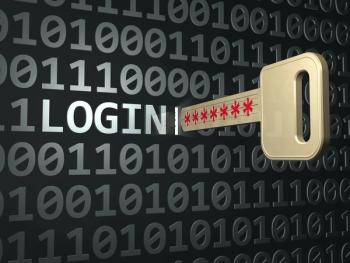
Password security isn't just for providers. Practices should make sure its patients are using tough passwords when using their patient portal.

It's important that physician practices stay compliant with HIPAA by executing business associate agreements with various vendor partners.
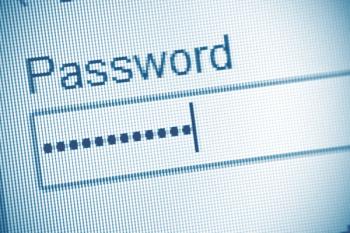
Choosing good passwords and protecting them is a small but key part of guarding your patients’ protected health information.

No practice is too small to not worry about a cyberattack. Here are four reasons you should be concerned that your EHR is at risk.
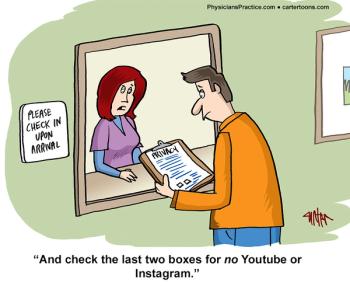
One practices has figured out a way to keep their patients from breaking HIPAA rules and using social media when they are in the exam room.

Before you decide to create your killer mobile health app, this lawyer advises you look at the FTC's guidance on developing one.

Here’s what you do when a HIPAA violation affects your patients, but is the fault of one of your business partners.

Lost laptops, tablets, and phones are among the most common ways patient privacy is breached. Here’s what to do if it happens to you.

A recent ruling from an administrative law judge emphasizes the importance of HIPAA compliance for physicians.

No matter how small your practice is, it's important to put technical and human safeguards in place now to protect your data.

While some payer-based investigations into fraud might be based on actual patterns of abuse, most are just an attempt to recoup funds.
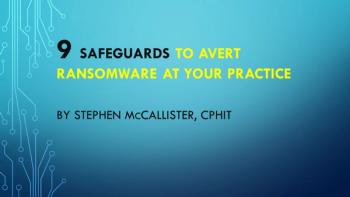
Small practices can take steps to avoid being hit with ransomware. The key focus should be on implementing technical safeguards and working with staff.
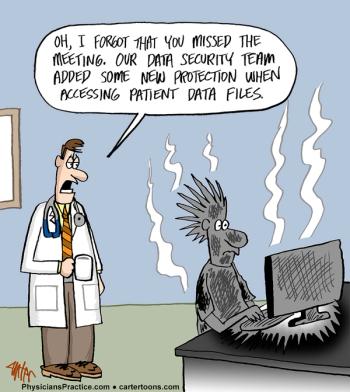
This physician's practice found a more effective way to protect patient data. However, it may have come at his colleague's expense.

Setting a concise, yet comprehensive, practice policy on social media use protects not only your patients but staff members as well.

Despite the increasing threat of cyberattackers to healthcare organizations, protections are not being put in place to safeguard patient data.

A recent rule on the National Instant Criminal Background Check System (NICS) and an article on mHealth show why it's important to stay on top of HIPAA and mental health.

The OCR is doing more HIPAA audits this year, and you need to be ready. Here’s how to do your own internal audit.

The Office for Civil Rights is upping its HIPAA audit game this year. If you want to be safe, you will, too.

The increasing prevalence of organizations’ data being held hostage until ransom is paid should cause physicians and all holders of PHI to have a “Plan B.”

Private payers are finding fraud and abuse as a way to recoup funds they say were wrongly paid. Here's how to respond to these requests.

Providers and vendors alike at HIMSS16 seem to have reached a better understanding on how important data security is to their everyday business.

New guidance from HHS’ Office of Civil Rights has not only clarified patients’ rights to request a medical record, but also what practices can charge.

When it comes to HIPAA, one security expert says most healthcare organizations incorrectly assume they're doing enough to secure PHI.

With the new rules around the confidentiality of substance abuse records circulated this month, physicians need to update policies and procedures.